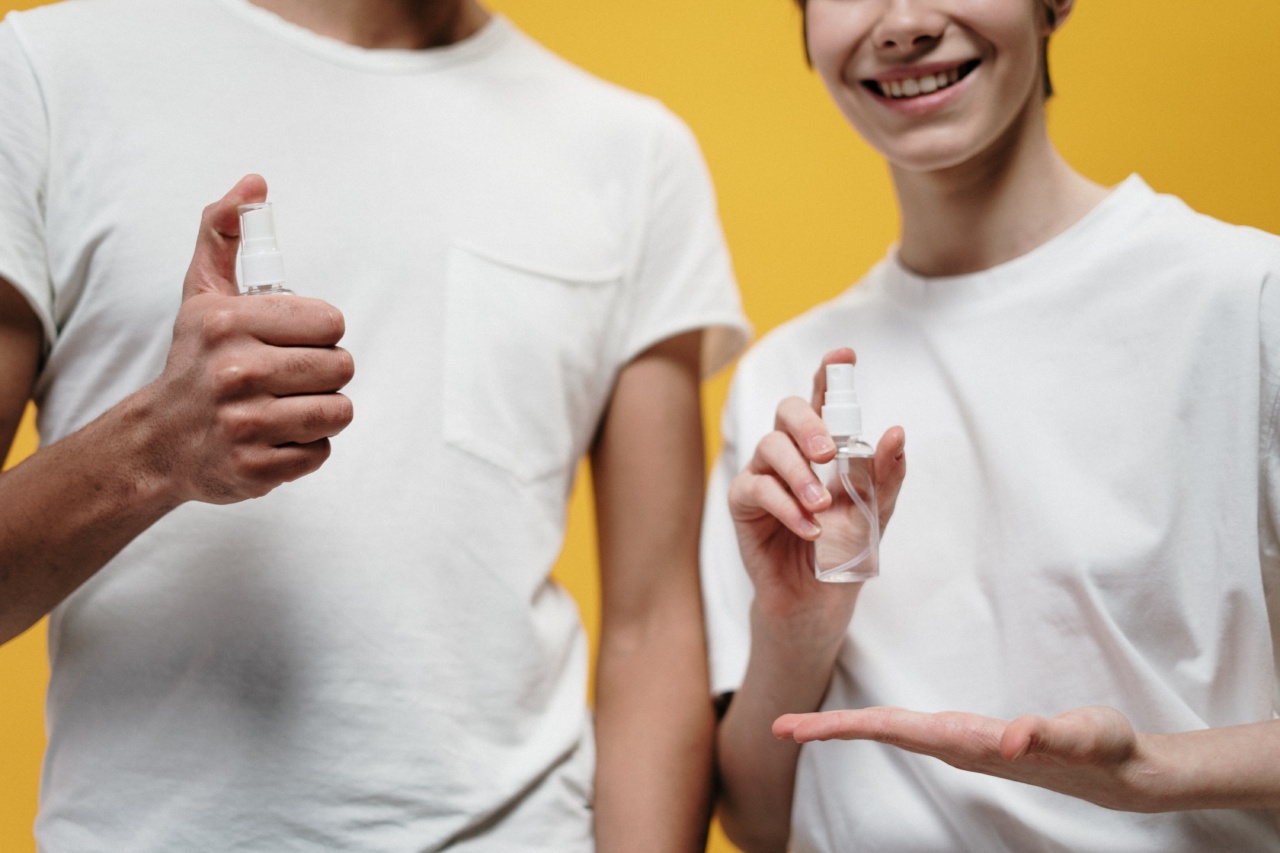Alcohol consumption has been a topic of debate when it comes to breast cancer risk. Various studies have been conducted to determine the link between alcohol intake and breast cancer, and the findings have been mixed.
While some studies suggest that even moderate alcohol consumption can increase the risk of developing breast cancer, others propose that certain amounts of alcohol may be safe for women with breast cancer. In this article, we will explore the research and discuss whether there is a safe amount of alcohol for women with breast cancer.
The Relationship Between Alcohol and Breast Cancer
Several epidemiological studies have indicated that alcohol intake is associated with an increased risk of breast cancer.
The connection appears to be dose-dependent, meaning that as alcohol consumption increases, so does the risk of developing breast cancer. One particular study published in the Journal of the American Medical Association found that women who consumed roughly one alcoholic drink per day had a 10% higher risk of breast cancer compared to non-drinkers.
Another study conducted by the World Health Organization (WHO) revealed that the risk of breast cancer increased by 7% for every 10 grams of alcohol consumed daily.
Furthermore, a meta-analysis of multiple studies found a linear relationship between alcohol consumption and breast cancer risk, with an approximately 10% increase in risk for each 10 grams of alcohol consumed per day.
The Role of Estrogen
One possible reason for the link between alcohol consumption and breast cancer risk is the effect of alcohol on estrogen levels. Estrogen is a hormone that can fuel the growth of certain types of breast cancer.
Alcohol consumption has been shown to elevate estrogen levels in postmenopausal women, thereby increasing their risk of developing breast cancer.
Moreover, alcohol may affect the metabolism of estrogen in the liver, leading to increased levels of circulating estrogen. This can contribute to the development and progression of hormone receptor-positive breast cancers, which are fueled by estrogen.
Safe Amount of Alcohol for Women with Breast Cancer
Given the potential risks associated with alcohol consumption and breast cancer, many experts recommend that women with breast cancer either avoid alcohol entirely or limit their intake to minimal amounts.
It is crucial to consult with healthcare professionals and consider individual circumstances before making any decisions about alcohol consumption.
Sometimes, physicians might advise a cautious approach rather than complete abstinence. In such cases, women with breast cancer may be advised to consume alcohol in moderation, which typically means no more than one drink per day.
However, this recommendation may vary depending on several factors, such as overall health, treatment plan, and personal preferences.
The Importance of Individualized Approach
It should be noted that everyone’s body reacts differently to alcohol, and the impact of alcohol on breast cancer risk may vary from person to person.
Some women may have genetic predispositions or other underlying conditions that make them more susceptible to the harmful effects of alcohol on breast cancer.
Additionally, women who have completed breast cancer treatment and are in remission might have different considerations.
In some cases, moderate alcohol consumption may be deemed acceptable, but regular monitoring and discussions with healthcare providers are paramount to ensure overall health and minimize potential risks.
Other Risk Factors and Lifestyle Choices
While alcohol consumption may contribute to an increased risk of breast cancer, it is essential to acknowledge that it is not the sole factor.
Several other risk factors, such as age, family history, obesity, and hormone replacement therapy, also influence breast cancer development. Maintaining a healthy lifestyle by engaging in regular exercise, consuming a balanced diet, and avoiding tobacco use are crucial elements in reducing the risk of breast cancer.
Conclusion
The relationship between alcohol consumption and breast cancer risk is complex, and research findings are not entirely consistent.
While some studies suggest an increased risk of breast cancer with alcohol intake, others propose that limited and moderate consumption may be acceptable for certain individuals. Ultimately, the decision regarding alcohol consumption for women with breast cancer should be made on an individualized basis, taking into account the advice of healthcare professionals and considering other risk factors and lifestyle choices.

























